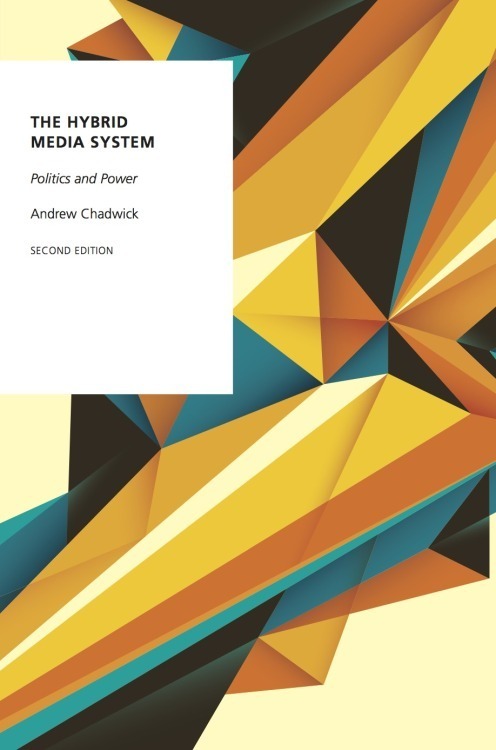New Article: Do Tabloids Poison the Well of Social Media? Explaining Democratically Dysfunctional News Sharing
/I finally got around to posting about my new article :-)
We (Cristian Vaccari, Ben O’Loughlin and I) examine the links between the sharing of tabloid news and the propensity to misinform and disinform others on UK social media. One of the inspirations for our research design was a puzzle about why the UK has no fake news “factories” of the kind we have seen in the U.S. Essentially, we want to broaden the debate about fake and low quality news and situate it properly in the UK context. But we also want to make some broader suggestions about how to study mis- and disinformation in today’s media system.
Our article is a blend of conceptual development, in particular the concept of democratically dysfunctional news sharing and the ontology of “media as resources” that informs the entire piece, as well as trace data analysis, a large survey of Twitter users, and analysis of our survey respondents’ actual news sharing behaviours on Twitter.
We examined people’s motivations for sharing on social media, the types of news sources they shared, and whether and how these correlate with them reporting that they shared news that was either exaggerated or made up. We call the latter behaviour “democratically dysfunctional news sharing.”
The results were quite striking. Here are the main findings:
1. Tabloid news media play a significant role in enabling democratically dysfunctional news sharing behavior. The more users share tabloid news on social media, the more likely they are to engage in democratically dysfunctional news sharing, in other words admitting to sharing news that was either exaggerated or made up.
2. In contrast, we found no evidence that sharing news from other news sources—broadcasters, international news, online native news, and quality newspapers were linked with democratically dysfunctional news sharing.
3. Those with the strongest motivations to behave in democratically dysfunctional ways on social media and those who share more tabloid news, which we show plays a role in enabling dysfunctional behaviours, are not more likely to be challenged by people in their social media networks. In our study, the tragedy of the social media commons is that the correction of misinformation and disinformation is more likely to fail in precisely those circumstances when correction is most needed.
We also make some broader points about the structure of online civic culture.
The article is out now in New Media & Society.
We’ll be presenting it at the American Political Science Association Annual Meeting in Boston on August 31 and the Oxford Internet Institute’s Internet, Politics, Policy Conference, September 20–21.




